I figured I’d share just a few tips from the new book, and one new thing I just learned a whole lot about, that didn’t make the book.
For awhile now I’ve recommended that most people be on three supplements. Why? Because somewhere between 70-95% of people are chronically deficient in these nutrients.
Yet, these have wide ranging impacts on your body and performance. Each one serves hundreds of functions within the body.
Fish Oil
The omega 3 fatty acids, EPA and DHA, found in fish oil are critical to health. Although some recent research came out saying that these might now be the best thing, that research had lots of flaws in it. The truth is, fish oil has lots of research backing its benefits.

You can get this from diet, but you need to also watch omega 6 consumption too.
You want to make sure you get top quality pharmaceutical grade fish oil. Like many things, most of the stuff out there is not so great. In fact, many fish oils are rancid and will degrade your health instead of improve it.
But not everyone needs to be on these. Can you get it from diet alone? Yes. The most critical part is to limit your consumption of omega 6 fatty acids, while getting omega 3’s from fish, grass fed beef, pasture raised eggs and more.
The amount you get is important, but the ratio of 6:3 is almost as much so.
As a side note, vegetarian sources like chia, flax and hemp, can be great but they have a form called ALA, which the human body is inefficient in converting over to the EPA and DHA we need.
Here’s my favorite brand. Quality and not ridiculously expensive.
Magnesium
Magnesium is a mineral that is needed in large amounts in the body. It is critical for a wide range of functions, one of which is relaxation in the muscles.
You can get magnesium from green leafy vegetables (and let’s face, few people eat enough of these) and also its in rich supply in one of my favorite superfoods, cacao.
The best form of magnesium to take, in my opinion, is a transdermal form. Magnesium readily absorbs through the skin, so you don’t need to worry about all the different forms of oral magnesium (threonate, oxide, citrate, sulfate, glycinate, and more).
Even though I work with my diet to get a lot, I still supplement. This is the brand I use.
Vitamin D
This is the big vitamin of the past decade or so. So many benefits, including turning on health promoting genes. Critical for bone health and those with optimal levels have a 50% less cancer rate of all cancers. That’s half!
If you live in a place that gets ample sunlight, and you spend your time outdoors you may not need to supplement. But you still might. For a variety of factors, many people do not absorb the vitamin D through the skin readily. The best way to know is to test where you‘d want to see yourself in the 50-80 range.
Vitamin D3 is one of the cheapest vitamins out there, and here it seems that quality is not that big of an issue. Most D3 is made from lanolin, that is sheep’s wool. As for absoption, since it’s a fat soluble vitamin you should take it with fat. (And as an interesting side note, sunlight creates a water soluble variety of vitamin D that can easily be washed off if you jump in the shower and use soap on your skin within hours of getting sun.)
If you talk to many people in the health field, they’d agree on this list as being important and worth starting with. There’s many other supplements that could be added to this list (I cover some of the others in 101 Advanced Steps to Radiant Health). But for now there is one more I’d add…

Even if you get lots of sun (and few people do) getting vitamin d blood testing is important to find where you’re at.
Iodine
Iodine is a critical mineral you should be getting everyday. This mineral supports thyroid health, balances estrogen and thus benefits all your hormones. It’s a potent antioxidant and is used in every organ and cell
Taking iodine will inhibit the absorption of chlorine, fluorine, bromine, and radioactive iodine. These chemicals are found in most public water supplies and in processed foods. With nuclear fallout from Fukushima covering the west coast where I live this becomes even more important.
It is estimated that 70% of the world’s population is chronically deficient. In fact, in the US doctors have begun to see goiter become commonplace again.
Iodine is added to table salt. But that salt has some issues. Iodine is in sea salt (as well as sea vegetables) but in likely too small of amounts. There is some debate, as some recommend even higher daily amounts, but a good dose is 500 mcg per day. This can be found in a single drop or a few drops of many liquid iodine supplements.
Several forms of iodine supplements are available. You can check one out here.



Comments
Great recommendations Logan!
I just read an interesting article on vitamin D, how it interacts with other vitamins, and the dangers of it being out of balance. The article was posted on the Precision Nutrition website at: https://www.precisionnutrition.com/stop-vitamin-d
I’m also glad that you brought up Iodine supplementation. That is a supplement that I have heard recommended more and more for the health benefits you cited. I’m especially interested in the reported detoxification benefits. Do you know anything about nascent iodine? Some believe this to be the most activated and absorbable form.
Thanks for that article Ray. I hadn’t seen it. They raise some valid points. Vitamins A and K should also be looked at and I have heard people say to take these in combination. Since I don’t personally get enough sun at most times unless I’m consciously working on it, I’m going to continue to supplement with it. They say some research points to it possible having some side effects at high doses, but there is lots of research pointing to many benefits at high doses. Plus my personal experience is I feel better when I take it.
I haven’t looked into the details of the different forms of Iodine, yet. I’ve seen recommendations for nascent iodine from some people I trust so its probably a good one though.